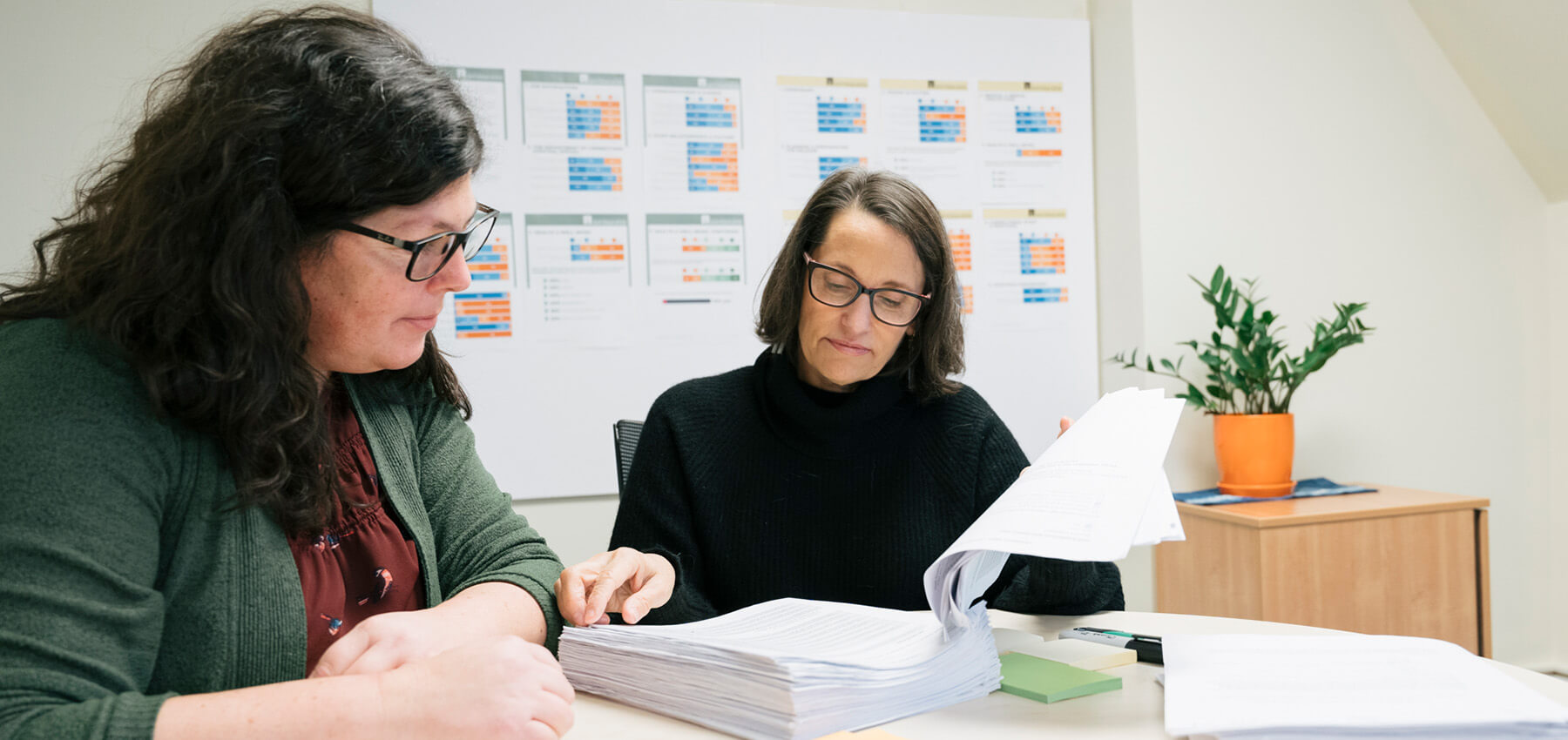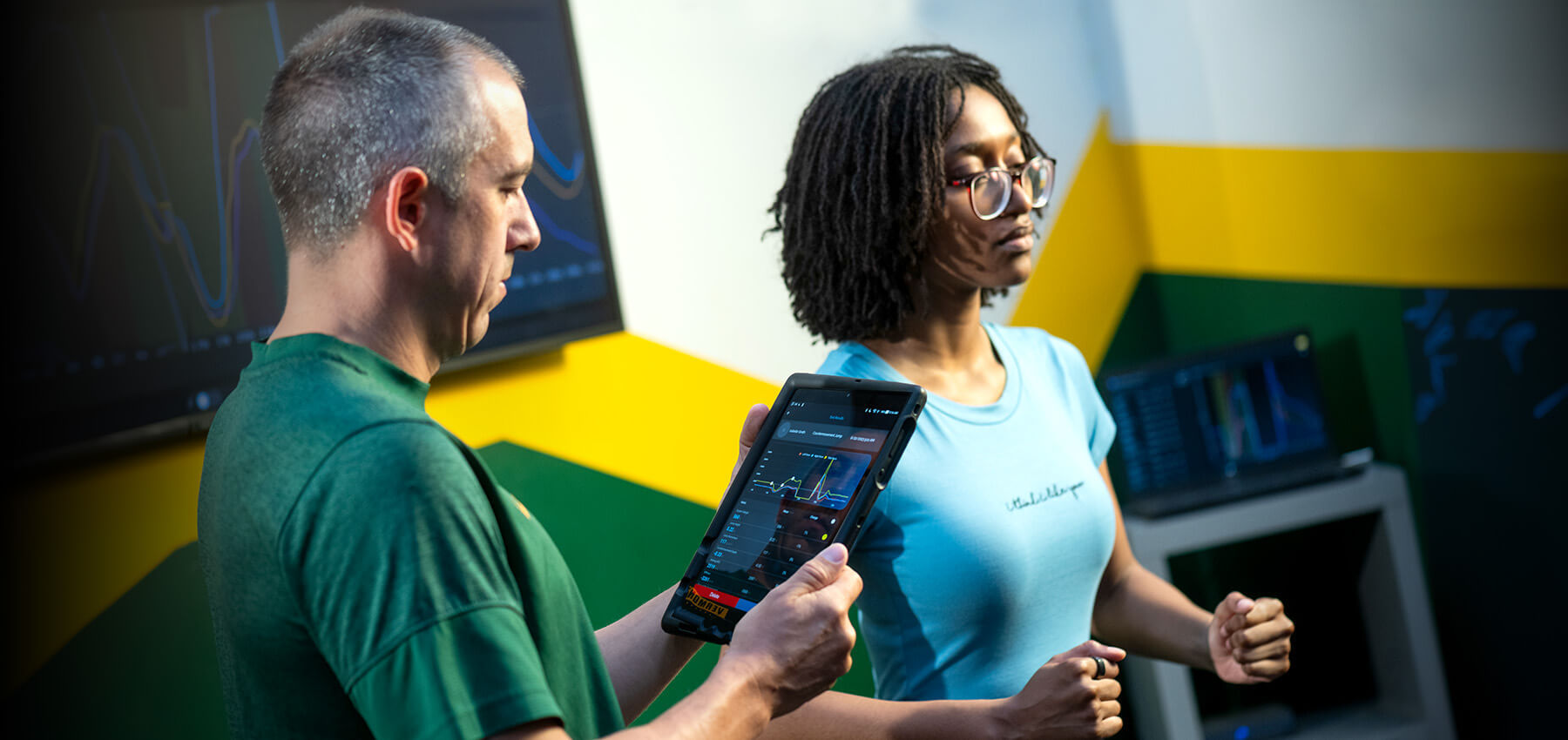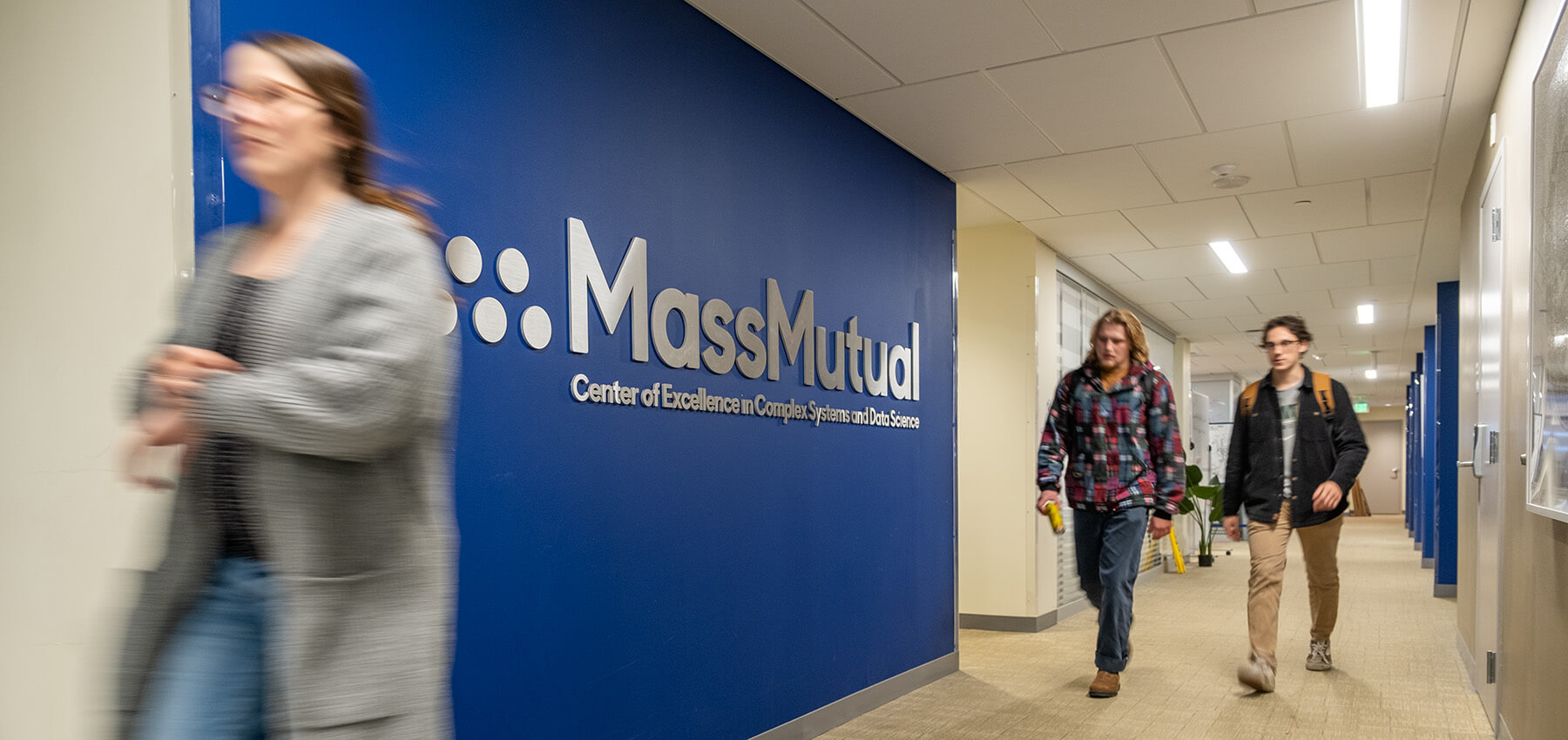Curriculum
Micro-Certificate of Graduate Study in Applied Statistics
The Micro-Certificate of Graduate Study in Applied Statistics will equip students with practical skills to engage in responsible quantitative research. This program will help students understand when and how to use statistical tools to improve the quality of their data projects and research, give them practical skills they can apply in their work, and help them recognize situations that require consultation with a statistician.
The mCGS consists of two required core courses. In the core courses, students will apply statistical methods, develop statistical computing skills, and apply principles of data ethics. The core courses are project-based and provide students with rich opportunities to apply statistical techniques to solve real-world problems and evaluate the societal impacts of data-based decisions.
The certificate consists of two required courses as shown in the table below:
Course Number | Title | Credits |
|---|
STAT 5010 | Applied Statistics I | 3 |
STAT 5020 | Applied Statistics II | 3 |
Certificate of Graduate Study in Applied Statistics
The Certificate of Graduate Study in Applied Statistics equips students with practical skills to engage in responsible quantitative research and will guide students to understand when and how to use statistical tools to improve the quality of their data projects and research, give them practical skills they can apply in their work, and help them recognize situations that require consultation with a statistician.
Compared to the micro-certificate, the CGS in Applied Statistics include the same two required core courses as in the mCGS plus two elective courses. In the core courses, students will apply statistical methods, develop statistical computing skills, and apply principles of data ethics. In the elective courses students focus on more specialized methods and applications most relevant to thier specific area of study.
The certificate consists of four courses as shown in the tables below:
Core Courses
Course Number | Title | Credits |
|---|
Core Courses: Students are required to take both of these courses |
STAT 5020 | Applied Statistics I | 3 |
STAT 6020 | Applied Statistics II | 3 |
Elective Courses
Elective Courses: Students select two additional STAT courses numbered 5000 or above. The existing courses that could currently be used to as electives are listed below.
Course Number | Title | Credits |
|---|
STAT 5000 | Biostatistics and Epidemiology | 3 |
STAT 5210 | Advanced Stat Methods & Theory | 3 |
STAT 5230 | Appld Multivariate Analysis | 3 |
STAT 5290 | Survivl/Logistic Regression | 3 |
STAT 5310 | Experimental Design | 3 |
STAT 5350 | Categorical Data Analysis | 3 |
STAT 5510 | Probability Theory | 3 |
STAT 5530 | Appl Time Series&Forecastng | 3 |
STAT 5610 | Statistical Theory | 3 |
STAT 5870 | Data Science I - Experience | 3 |
STAT 6300 | Bayesian Statistics | 3 |
STAT 6870 | Data Science II | 3 |
STAT 7980 | Applied Geostatistics | 3 |


